by Dana Zöllner
From May 29th to 31st, 2024 we, that is 17 PhD and MD students, five postdocs and five PIs, have travelled to Thale for our yearly SynAGE retreat. The aim was an intense exchange on the current state of the PhD/MD projects as well as in-depth discussions on future plans. To that aim, we had prepared a very diverse program.
We started together on the morning of the 29th of May at the central station in Magdeburg, where we took the local train to Thale. The city of Thale is just about 65 km from Magdeburg sitting at the foot of the Harz mountains. With slightly less than 20,000 residents it is a lovely little town, where the Bode Valley starts. From here you can hike through the Harz, but even if you don’t want to walk longer distances, Thale has a lot to offer. There is not just the so-called Hexentanzplatz, which translates as Whitches Dance Square, but also the Rosstrappe – a fanous place of ancient legend. Then again, the whole region is a mythological place. Everywhere you go you will hear old stories of mysterious caves, mystical ruins and shapely mists rising from rivers.
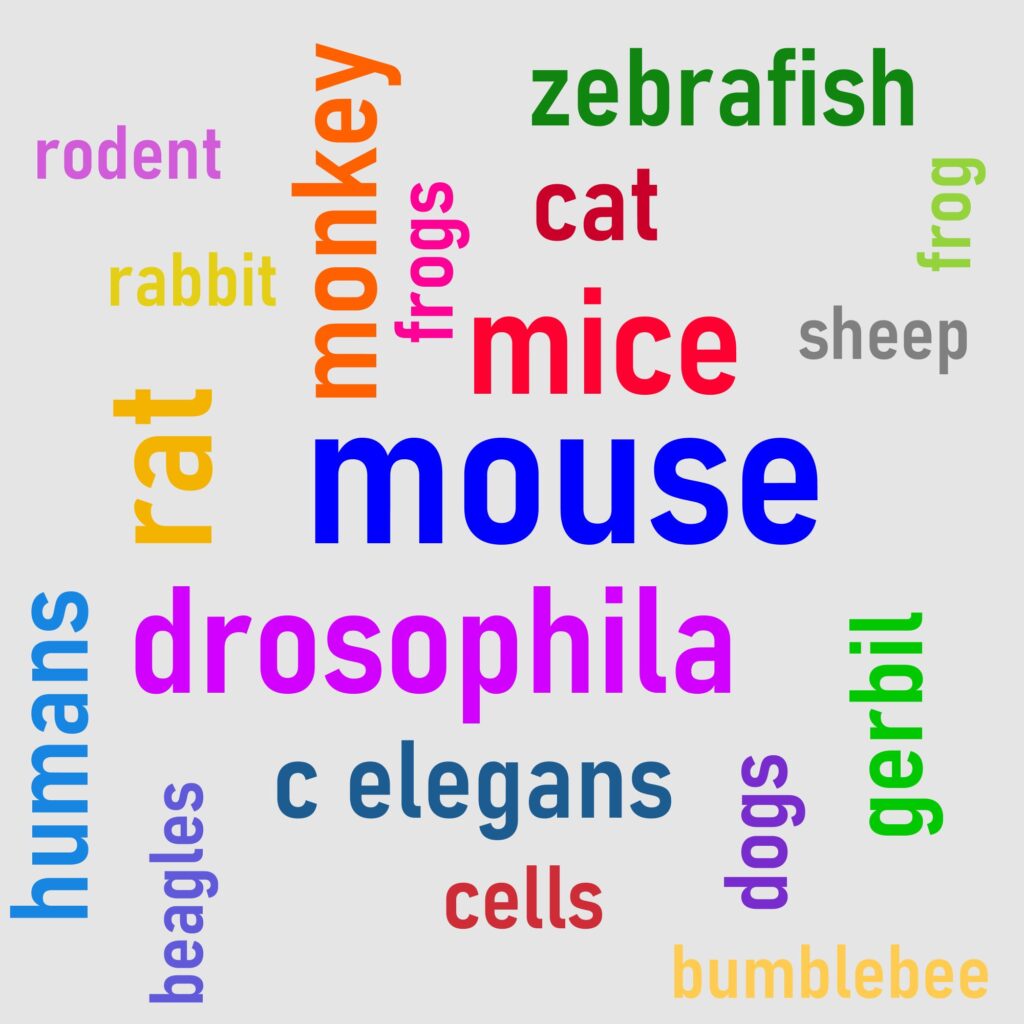

But of course, we have been there for scientific exchange! Hence we picked a quiet hotel close to the train station and started our retreat right away after a short lunch. On this first day, we focussed on an exchange on cross-species research. This is a very important topic to us as we are working on rodents and humans. Starting off with an interactive seminar given by Prof. Janelle Pakan we took time for reflections on this topic within our squads. Some discussions focued more on planned experiments and the PhD resp. MD timetables, others on chances and challenges. After we had compiled the results of the individual groups, we used the late afternoon for informal talks and discussions. To that aim, we went out into nature together and climbed the Rosstrappe!
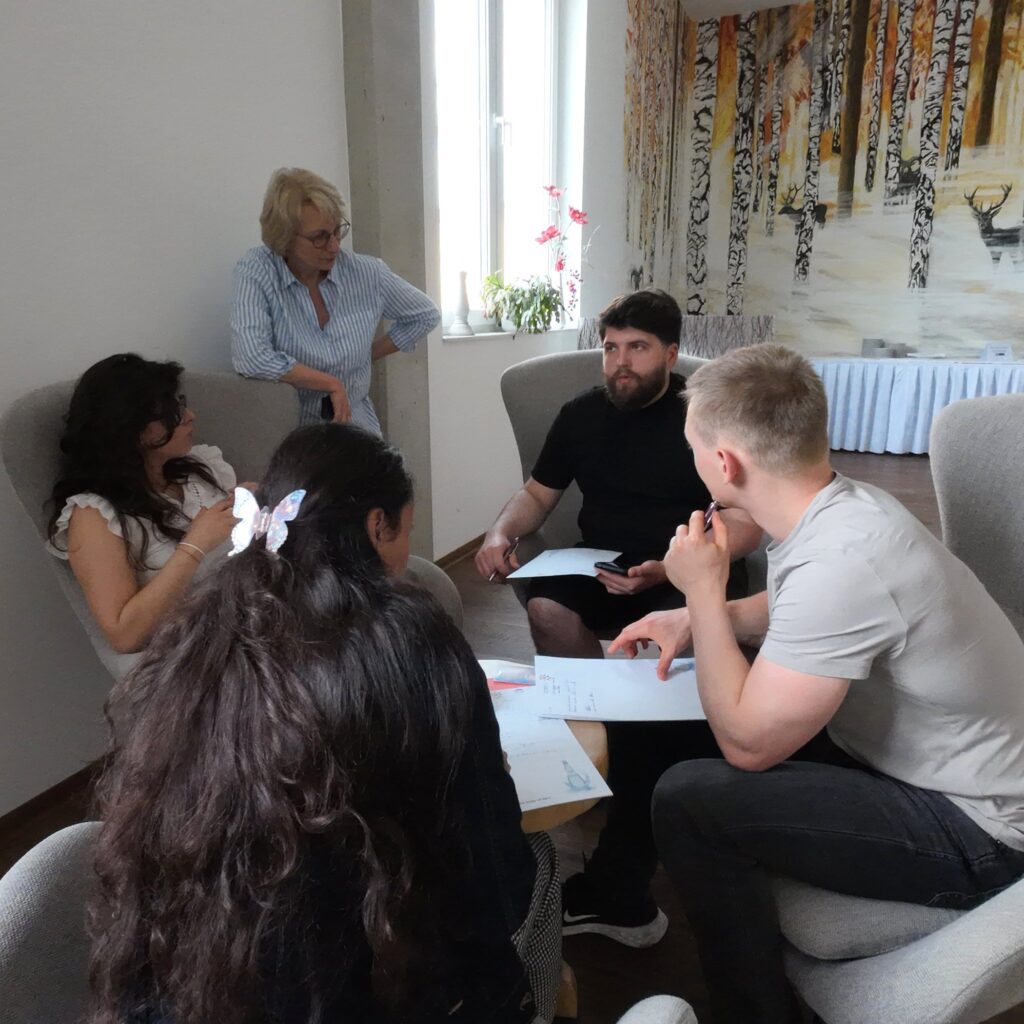
On the second day, we tried out new exchange formats. In the morning session, all doctoral students had the opportunity to present their current research in a short presentation. The time was limited to five minutes, and each student was only allowed to use one slide. This focus on the essentials of their respective works was well received and we will definitely use the approach again in the future.
After the lunch break, Prof. Markus Rothermel from the Institute of Psychology at the Medical Faculty of our university gave a guest lecture on the topic Optogenetic dissection of sensory information processing. This new input spaked a lot of interest and led to numerous lively discussions. We would like to thank Prof. Rothermel again.
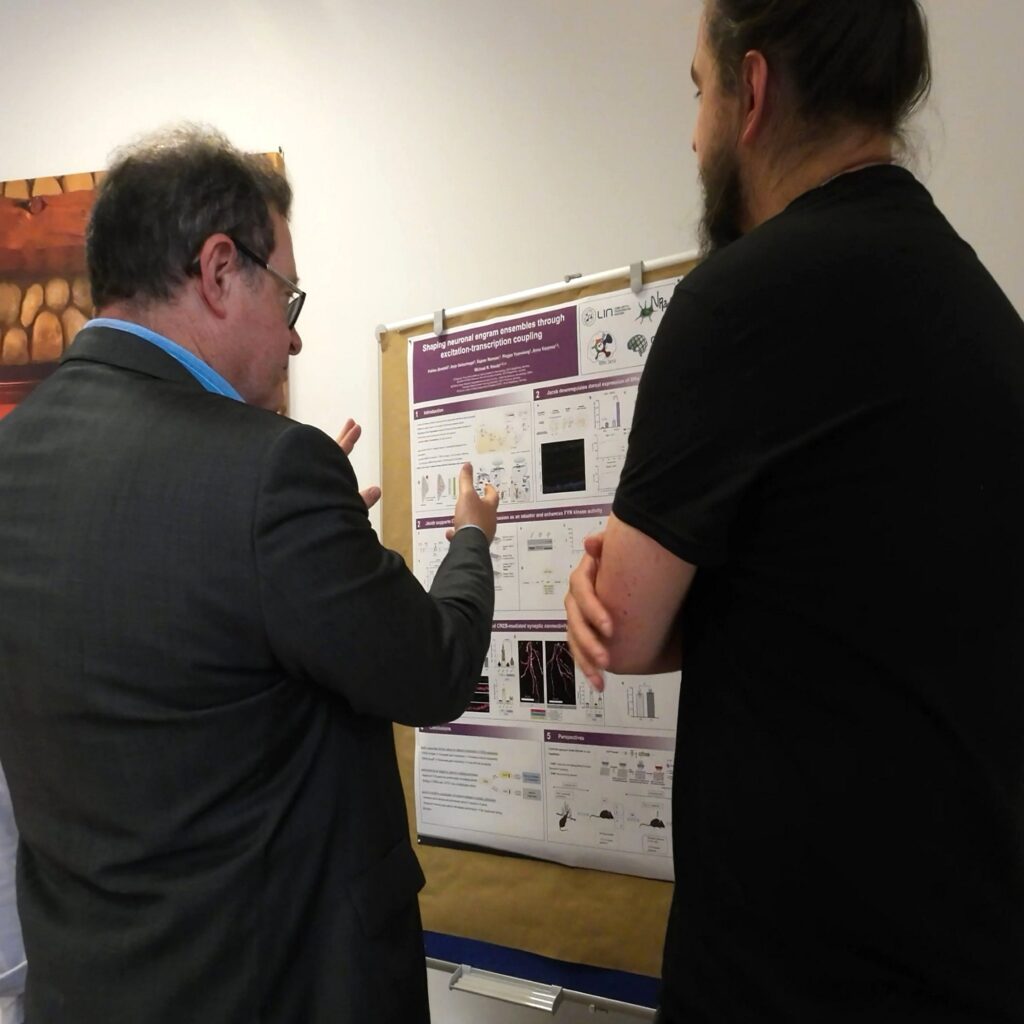
In the afternoon of the second day, we had two great poster sessions that we called Sincere Poster Sessions. The title was meant literally here. We asked our PhD and MD students to prepare a poster each about their scientific research, but in which they should also honestly present problems, stumbling blocks, open questions and fails. Also this approach let to numerous intense discussions and some really good ideas.
The third and last day was planned as an Alumni Meeting, where former PhD students of SynAGE got the chance to present not only their research but also their carrer path. We were happy that Dr. Maximilian Borgmeyer, Dr. Katharina Klinger and Luisa Strackeljan accepted our invitation and talked indeed about their paths after studying at SynAGE and how our research training group influenced their lives. Maximilian works at the Medical School Hamburg in the field of cellular neurobiology and teaches microscopic anatomy. Katharina is a postdoc at the Deutsches Zentrum für Neurodegenerative Erkrankungen (DZNE) in Bonn. In contrast, Luisa has not obtained her doctorate yet, which is due to the fact that she joined us as an MD student. She will finalize and defend her thesis after completing her medical studies. Therewith she brought a unique perspective to our medical doctoral students.

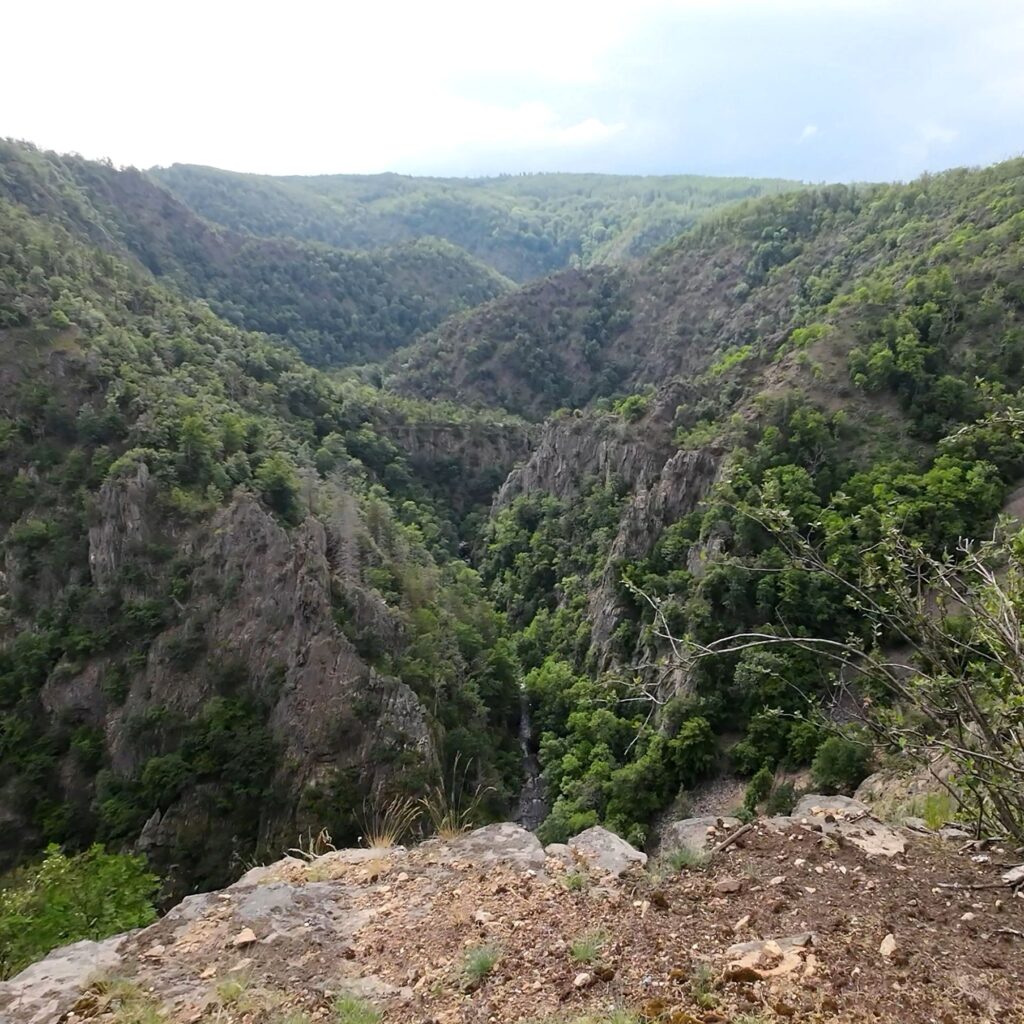
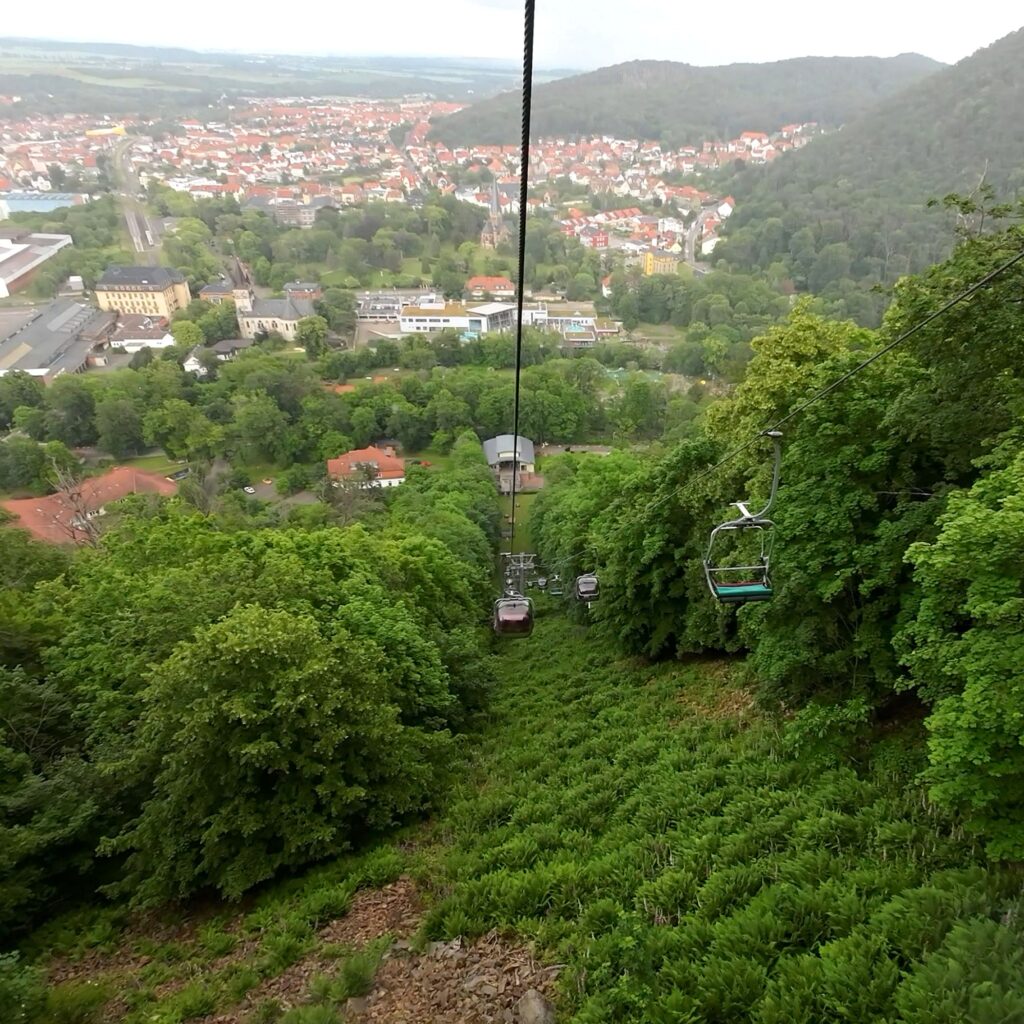
We would like to thank all participants for their active contributions as presenter, discussion partner and problem solver.
Snapshots by Dana Zöllner.
